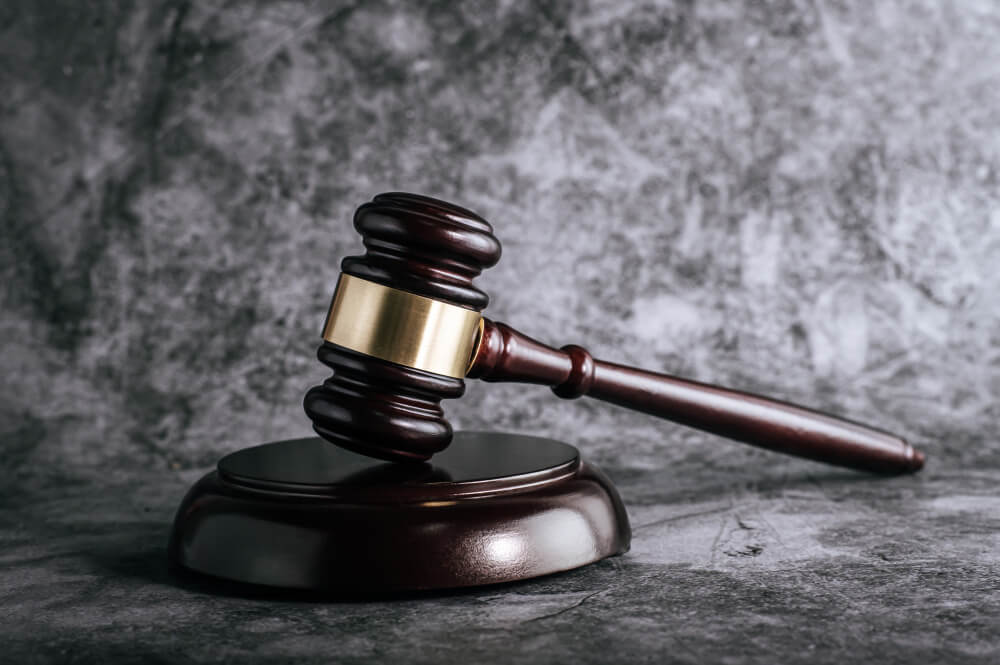Today’s business press reports that a lawsuit filed last week on behalf of Johnson & Johnson shareholders accused the company’s directors of ignoring “red flags” foreshadowing product recalls and government probes of manufacturing defects and marketing practices.
The lawsuit alleges that while J&J once set “the gold standard for integrity and excellence,” the directors’ “utter disregard for their fiduciary duties, including permitting and fostering a culture of systemic, calculated and widespread legal violations has destroyed J&J’s hard-earned reputation.”
Bloomberg Business reports that the board received “years of red flag warnings of systemic misconduct,” according to the complaint. “These red flags came in the form of federal and state regulatory investigations, subpoenas and requests for documents, FDA Warning Letters, news articles and the recall of products accounting for hundreds of millions of dollars in corporate losses.”
It will be very important to watch the progress of this lawsuit on several levels:
- Will Directors be held liable for failing to adequately monitor the culture of the company?
- How important is the fall of the company’s reputation (in terms of news articles being a “red flag”) in determining directors’ liability.
Stay tuned…
—————————————————————————————–
David Gebler is the President of Skout Group, an advisory firm helping global companies use their values to clear the roadblocks to performance. Send your thoughts and feedback to dgebler@skoutgroup.com.


David, Thanks for this story. I teach business ethics and have traditionally used J&J as a poster-child for good business ethics because of how it handled the Tylenol poisoning incident in Chicago back in the 1980s. The company claimed to have a “Credo” that set the tone for an ethical organization culture. Apparently, a lot has changed over the years and the top management and board of directors should be ashamed of themselves assuming the claims in the shareholder lawsuit are valid.